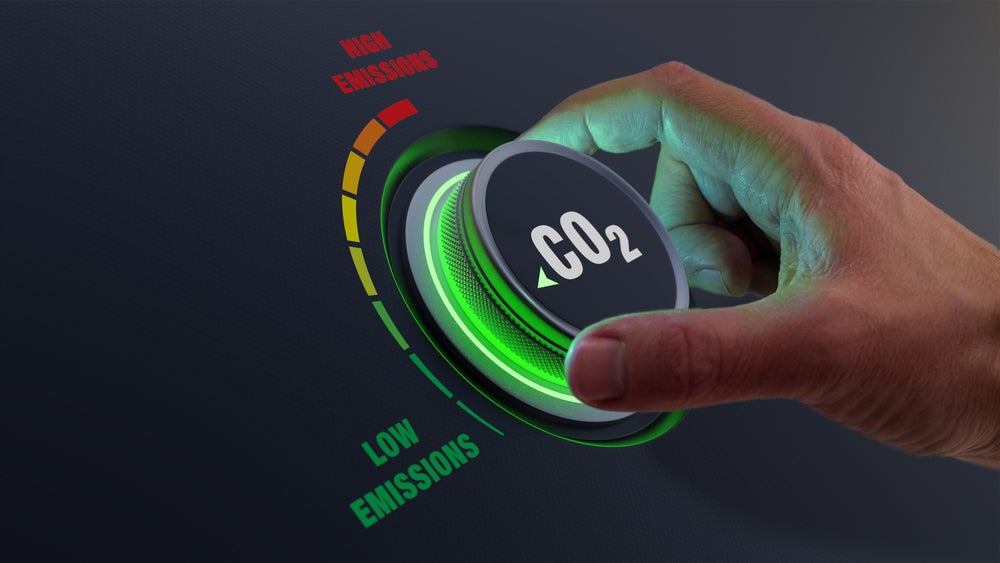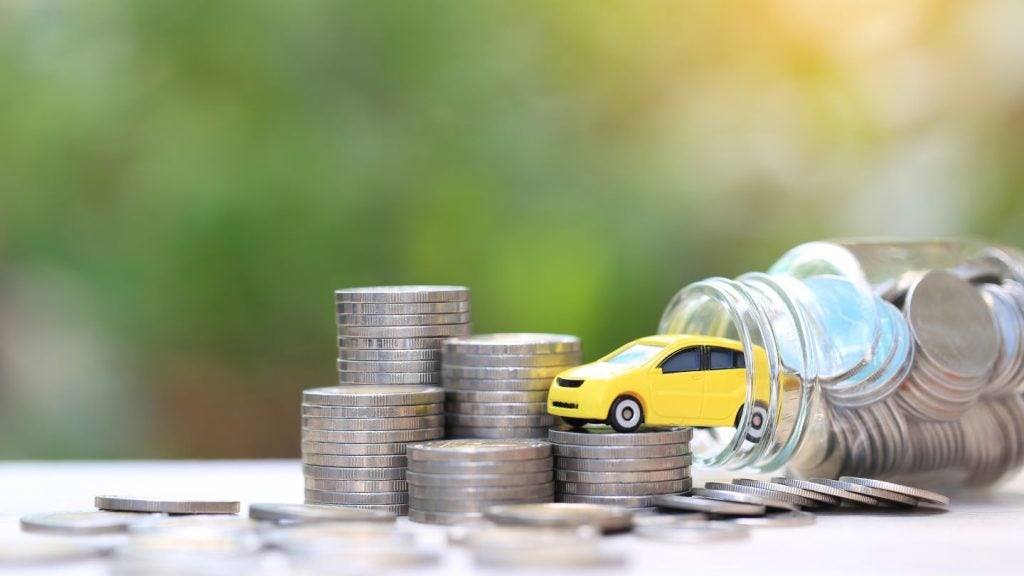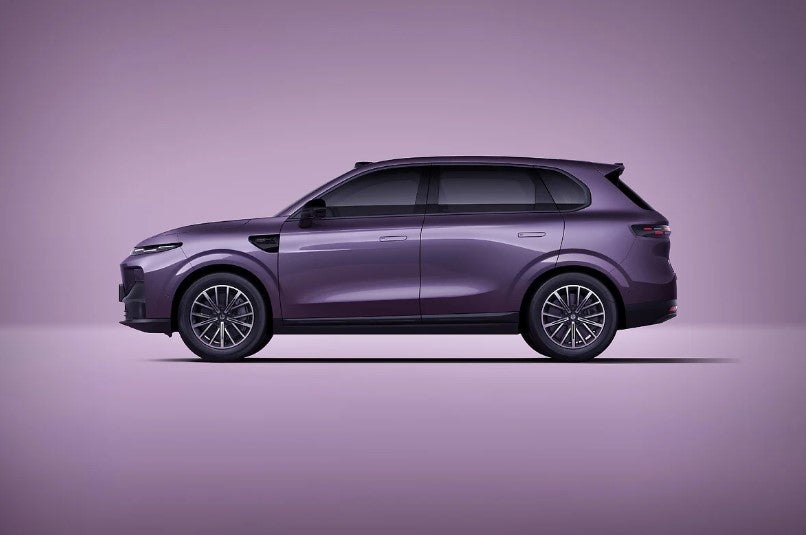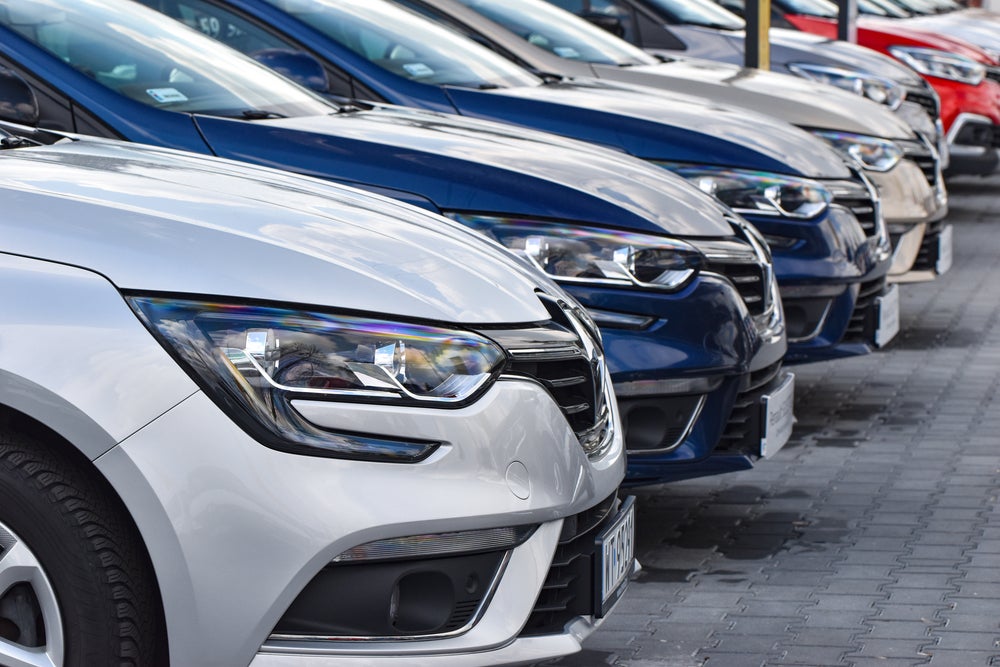The UK government’s Build Back Greener strategy aims to decarbonise all areas of the UK economy and achieve a net zero emissions target by the year 2050. The transportation sector is the country’s main culprit when it comes to greenhouse gas emissions, producing over 24% of the UK’s total emissions in 2020.
However, this number has fallen in recent years, with greenhouse gas emissions estimated to be down by 2.2% as of last year.

The rollout of electric cars across the country is one way the government are attempting to cut these emissions even further. Electric cars made up over 16% of the UK market share last year and this is only expected to grow. But what other developments can we expect to be brought into the mainstream in the field of transportation?
Developer Zytronic examines some of the most innovative developments within the transport sector when it comes to climate change.
EV charger availability
Selling new petrol and diesel-powered cars will be banned in the UK by 2030, with the sale of hybrid cars facing a similar ban in 2035. It’s therefore unsurprising that the sale of electric cars is growing. Recent statistics show that we register one new battery electric vehicle (BEV) every minute. This is likely to increase to one BEV registration every 40 seconds in 2024!
However, more electric cars mean we need more EV charging ports. The government’s aim is to install 300,000 charging points by 2030 but there are widespread concerns that this will not be sufficient to meet demand.
How well do you really know your competitors?
Access the most comprehensive Company Profiles on the market, powered by GlobalData. Save hours of research. Gain competitive edge.

Thank you!
Your download email will arrive shortly
Not ready to buy yet? Download a free sample
We are confident about the unique quality of our Company Profiles. However, we want you to make the most beneficial decision for your business, so we offer a free sample that you can download by submitting the below form
By GlobalDataMany of our current charging port solutions are also found within more urban locations and have not reached the more rural towns and villages yet. This can lead to ‘range anxiety’, the worry that a single charge will not allow you to reach your destination in your electric car.
However, with more Internet of Things (IoT)-focused innovations popping up, we can expect charging electric cars to become a whole lot easier. For instance, many electric car owners can now charge their cars from their nearest lamppost.
A range of brilliant charge points are now installed inside lampposts and bollards, allowing electric car drivers easy access to a discrete car charger. Downloading the corresponding app means you can also pay for your charge electronically, using your payment method stored on the app, or you have the option of scanning a QR code on the lamppost.
Carbon-cutting kites
The UK Department for Transport announced this summer that it’s granting funding to over 60 innovative projects designed to reduce carbon emissions when it comes to transportation. One of these projects will examine the potential of kite-powered tug boats.
This is an idea with a proven record of success. French company Airseas has already developed The Seawing. Similar to the kites used in windsurfing, this 1,000 square meter kite harnesses the power of the wind to propel boats.
Data transmission occurs via a 700m long cable connected to the boat and the whole thing is receives direction from automated software.
Although this solution is not ready for mainstream use yet, it could cut emissions globally, reducing the consumption of fuel by 20%.
Self-driving vehicles
Another innovation in the world of car is that of the self-driving vehicle. Tesla’s self-driving cars are often in the news, with CEO Elon Musk recently live-streaming a 45-minute journey in his own self-driving model to his millions of followers.
Although fully self-driving cars are currently banned on UK roads due to safety concerns, it’s believed they could become a common sight in years to come. Indeed, recent months have seen the arrival of Ford’s BlueCruise technology. This innovative touchscreen solution allows drivers to go ‘hands-free’ on certain UK motorways.
BlueCruise is available within Ford’s Mustang Mach-E. The system monitors the driving environment using a number of different sensors, mapping vehicles around the Mustang Mach-E. It also monitors the driver, to make sure you’re paying attention even though your hands are off the wheel!
By collating this information, BlueCruise decides which speed to drive at and how much distance is needs to leave between the Mustang Mach-E and the car in front.
While this model is not a fully autonomous vehicle, requiring drivers to remain alert and aware of the road at all times, it is a step towards a true self-driving experience.
Smart stops
Other vehicles, such as e-scooters and buses, have also joined the electric revolution, with the UK actually leading the deployment of electric-powered buses in Europe in the first half of 2023.
But further innovations in terms of bus stops themselves have made this more sustainable method of travel accessible for more people. Japanese company DISIGN have launched the Busola ECO Smart Bus Stop.
This smart bus stop provides the user with journey information, real-time travel updates and even information on what to do in the event of a disaster, such as an earthquake. Busola is completely wireless and powered entirely by a solar panel system, minimising energy usage.
Similar smart stops are being rolled out across the UK. Worcester was the first local authority to place an order for smart bus stops, with interactive touchscreen providing real-time updates. Powered by solar and wind, these stops are also kind to the environment via their bee and insect-friendly roof materials that absorb carbon from the city. The bus shelters themselves are also made entirely from recycled bottles.
The CEO of Zytronic Mark Cambridge explains that “touchscreen solutions like these smart bus stops will make more environmentally-friendly modes of transportation accessible to a wider range of people.
“Real-time information and updates will reassure those unused to this form of transport and encourage them to opt for a short bus journey, over taking the car. This can only be good for our environment and our country’s carbon footprint.”
Innovations are constant within the field of transportation, both in the UK and beyond, with a focus on minimising greenhouse gases and slowing climate change.
As our net zero target for 2050 draws ever closer, it seems that interconnected technology can be the solution to the puzzle of hitting our targets.









Related Company Profiles
Tesla Inc